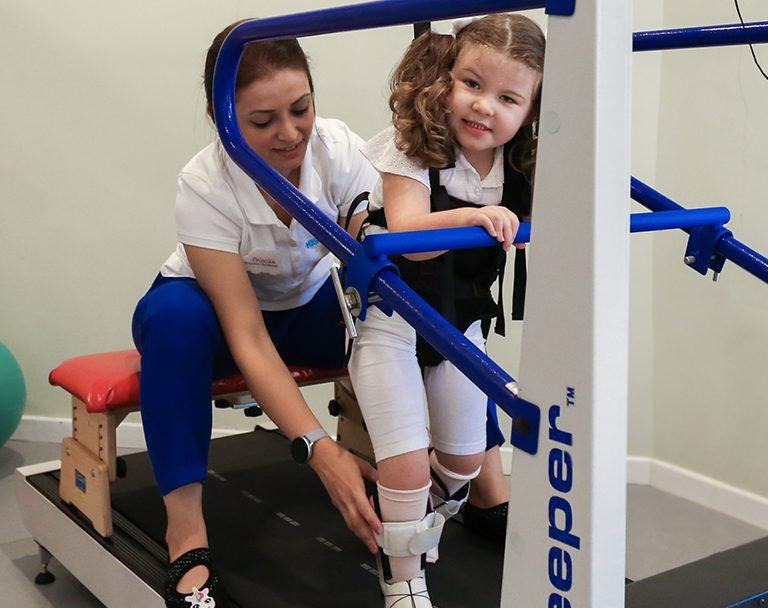
When it comes to pediatric physiotherapy, recognizing the uniqueness of each child’s needs is paramount. Individualized treatment plans serve as the cornerstone of effective care, addressing specific challenges and increasing outcomes for children with diverse conditions and abilities. Here’s why individualized treatment plans are crucial in pediatric physiotherapy:
Addressing unique needs:
Every child presents with a unique set of challenges, abilities, and goals. An individualized treatment plan acknowledges these differences and tailors interventions to address the specific needs of each child. Whether a child is recovering from an injury, managing a developmental delay, or living with a chronic condition like cerebral palsy, physiotherapy interventions must be customized to meet their individual requirements for optimal progress.
Increasing effectiveness:
By focusing on the specific needs and goals of each child, individualized treatment plans increase the effectiveness of pediatric physiotherapy interventions. Rather than employing a one-size-fits-all approach, therapists can target interventions that are most relevant and beneficial to the child’s unique circumstances. This personalized approach ensures that therapy efforts are directed towards achieving meaningful outcomes and milestones for the child.
Improving engagement and motivation:
Children are more likely to engage actively in therapy when they feel that their treatment plan is tailored to their interests, abilities, and goals. Individualized treatments plans take into account the child’s preferences, strengths, and areas of interest, making therapy sessions more enjoyable and motivating. When children feel empowered and involved in their therapy process, they are more likely to participate wholeheartedly and make progress towards their goals.
Adapting to changing needs:
Children’s needs and abilities can change over time, requiring adjustments to their therapy approach and goals. Individualized treatment plans are flexible and adaptable, allowing therapists to modify interventions as needed based on the child’s progress, changing needs, and evolving goals. Whether a child experiences improvements, setbacks, or new challenges, their treatment plan can be adjusted to ensure continued progress and success.
Empowering families:
Individualized treatment plans involve families and caregivers in the therapy process, empowering them with the knowledge, skills, and resources to support their child’s progress at home. Therapists collaborate with families to develop strategies and techniques that can be incorporated into daily routines and activities, reinforcing therapy goals outside of formal sessions. This partnership between therapists and families nurtures a supportive environment for the child’s development and promotes consistency in implementing therapeutic interventions.